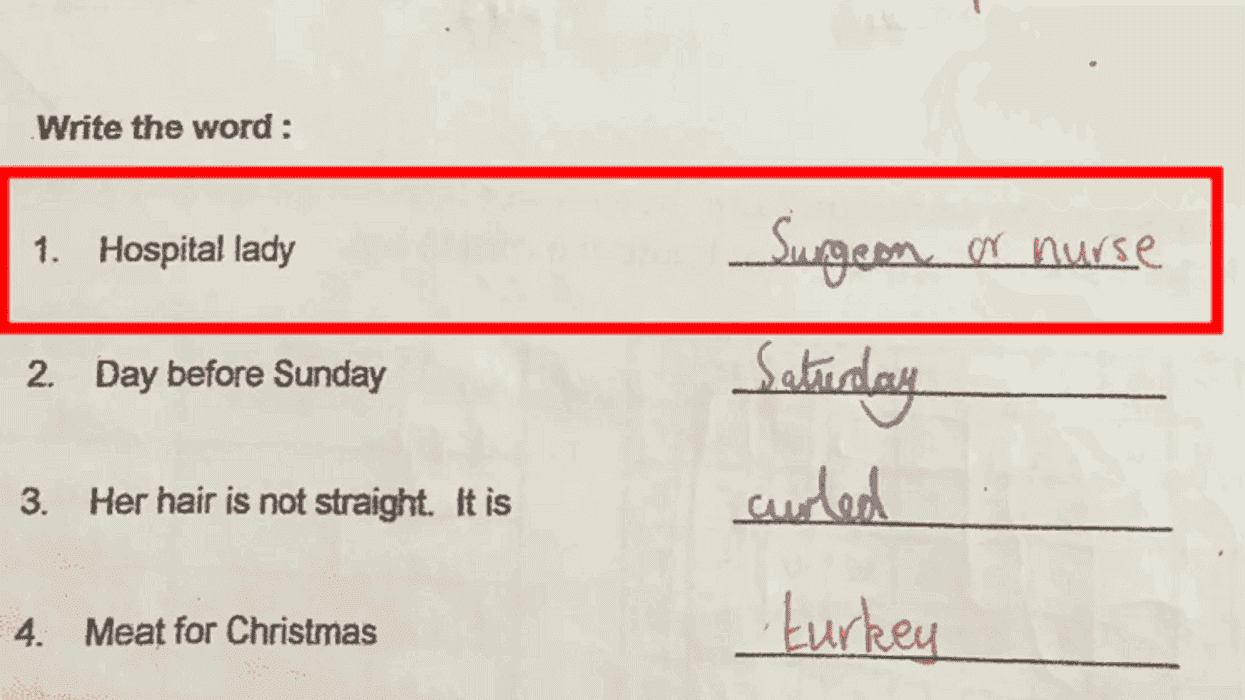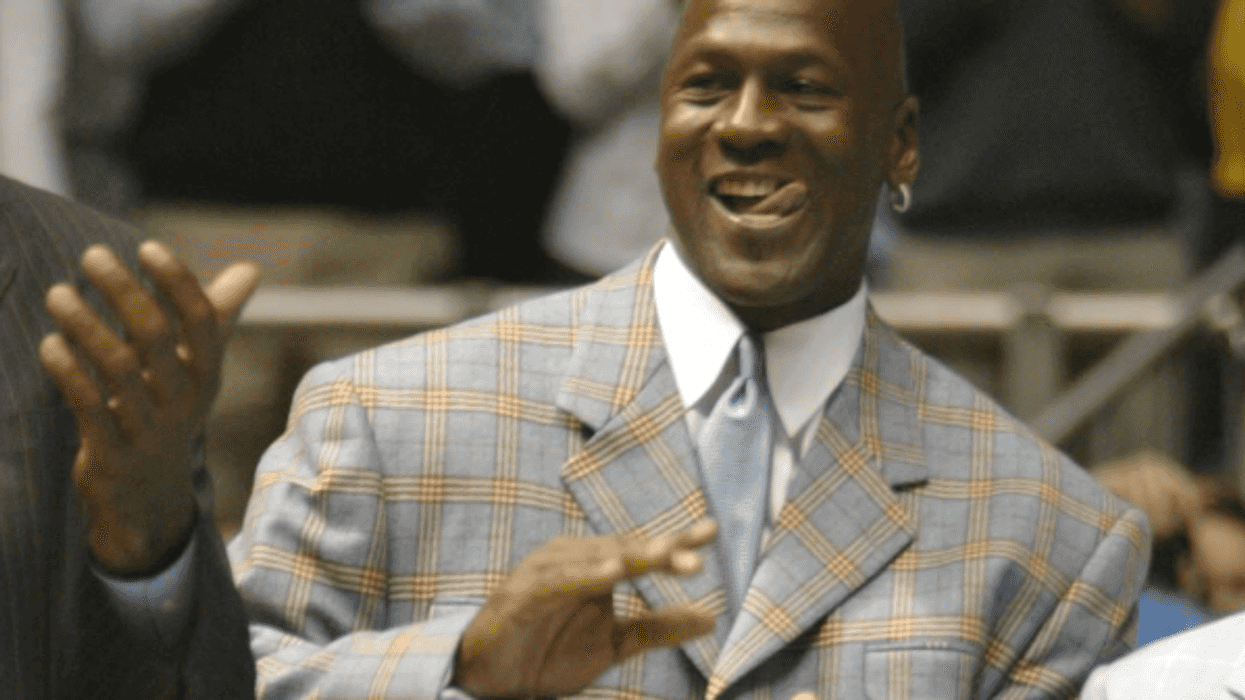It’s a musical concept that seems to work more often than not: the "melancholy acoustic version," a.k.a. "taking a well-known, up-tempo song and stripping it down to its saddest studs." For example, when A-ha performed a slow, somber version of their 1985 synth-pop hit "Take on Me," the Internet exploded. When executed perfectly, the results can be magical.
It’s equally satisfying with cover tunes, especially when artists step out from their bread-and-butter genres. Take Chris Cornell, a legend of heavy alt-rock, playing an acoustic rendition of Michael Jackson’s 1983 R&B-pop classic "Billie Jean." The performance dates back to 2012, during Cornell’s set at the Montreux Jazz Festival, where he blended tracks from his solo catalog, Soundgarden, and his other bands Audioslave and Temple of the Dog, along with two choice covers ("Billie Jean" and The Beatles’ "A Day in the Life").
Cornell, with his curly hair dangling in front of his eyes, keeps the arrangement as simple as possible, picking out minor-key arpeggios as he plays around with the vocal melody. In the chorus, he leaps up in his register and throws in some of his signature grit and vibrato, adding emotional weight by extending certain lines—just listen to how he draws out the "I" in the line "says that I am the one."
If Cornell seems confident in his version, that’s not surprising. He recorded the cover for his 2007 solo LP, Carry On—and according to Setlist.fm, he performed the song 218 times total on stage, with 147 of those staged between 2006 and 2012. (There’s even a charming rehearsal video of him teaching the chord progression to his bandmates.)
- YouTube www.youtube.com
The late Cornell was one of rock music’s most acclaimed and accomplished singers, and he knew first-hand how cover songs can hold a major—and sometimes unexpected—power. "The brilliance of 'Billie Jean' came to me when I was reading the lyrics for the first time, which was around the time that I was doing that arrangement," he told Rolling Stone in 2009. "[A]nd the idea came from a conversation I had with my wife about the art of the cover song, because she would bring up ideas about songs I should cover, and I would always shoot ’em down, and I would explain the art of it: You can cover a song by an artist you are obviously influenced by and you will reproduce it, paying homage to it, and sticking close to the original. That’s one way, the other way is Johnny Cash doing [Soundgarden’s] ’Rusty Cage,” which on paper sounds like the most ridiculous fucking idea you’ll hear in your life. It did to me." (Cash’s cover appeared on his 1996 album, Unchained, which also features hat-tips to Tom Petty and Beck, among others.)
The Soundgarden icon said his wife "challenged" him to cover a song no one would expect. "I thought[, 'Well, who] would be the least likely artist for me to attempt to cover?'], and the first name that popped into my head was Michael Jackson. I liked 'Billie Jean' because it had that little keyboard line in it, which I thought I could turn into an electric guitar line. And it was just embarrassingly awful." When Cornell took a deeper look at the lyrics, he realized they were put together in a "brilliant" way. "The story isn’t spoon-fed to you," he said. "[I]t’s poetic."
Of course, Cornell put his stamp on many other classic songs, from Led Zeppelin’s folk-rock anthem "Thank You" to Sinéad O’Connor’s Prince-penned ballad "Nothing Compares 2 U."
- YouTube www.youtube.com





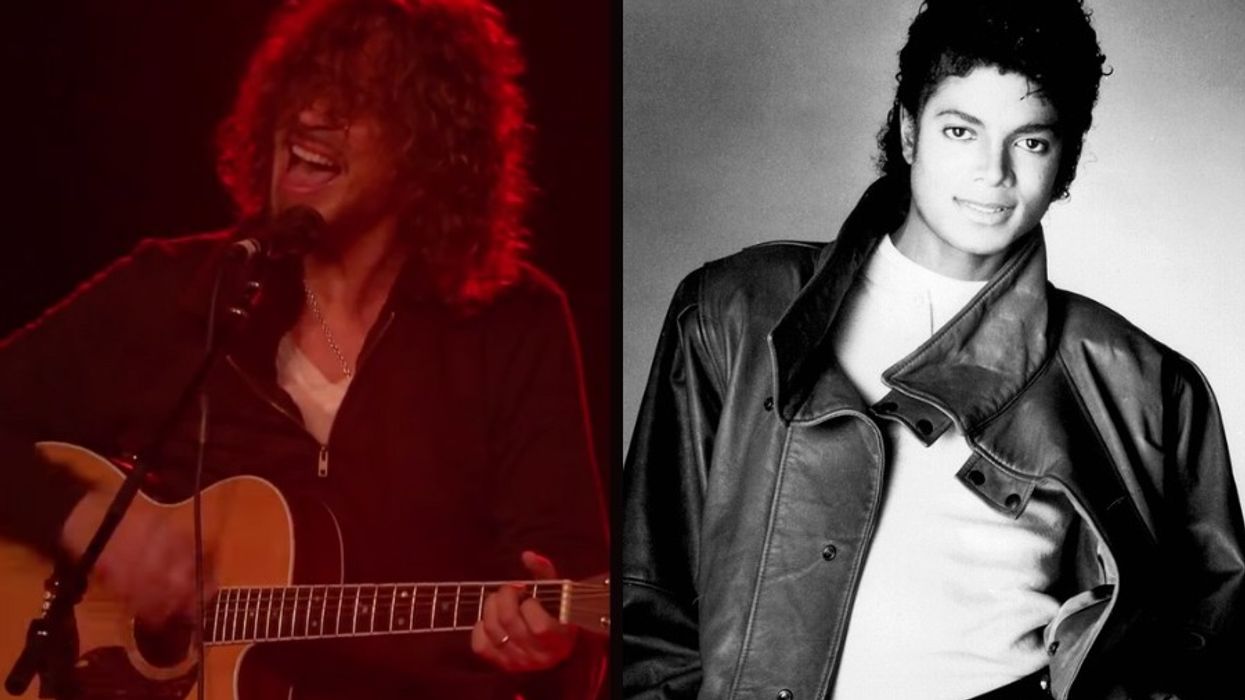




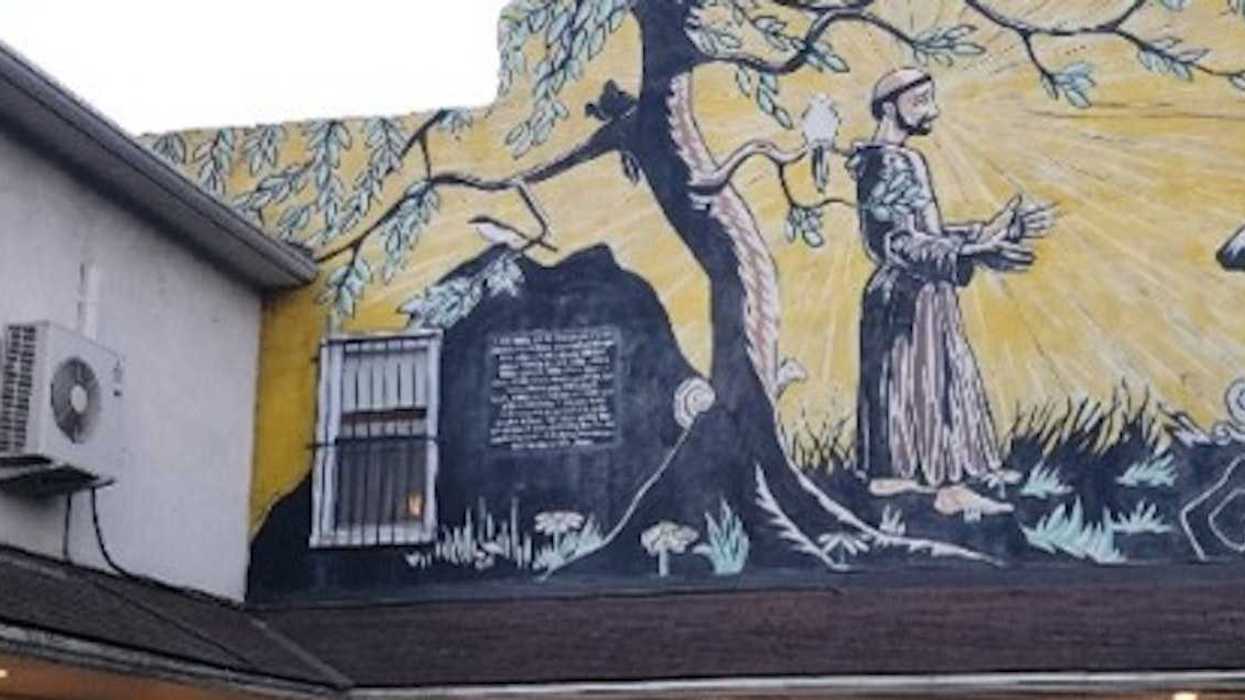







 A young person doing their monthly budgetCanva
A young person doing their monthly budgetCanva

 A woman scrolls through a dating appCanva
A woman scrolls through a dating appCanva
 Openly choosing the one you like best can help break down stigmas.
Openly choosing the one you like best can help break down stigmas.
 A young woman scrolling on her phoneCanva
A young woman scrolling on her phoneCanva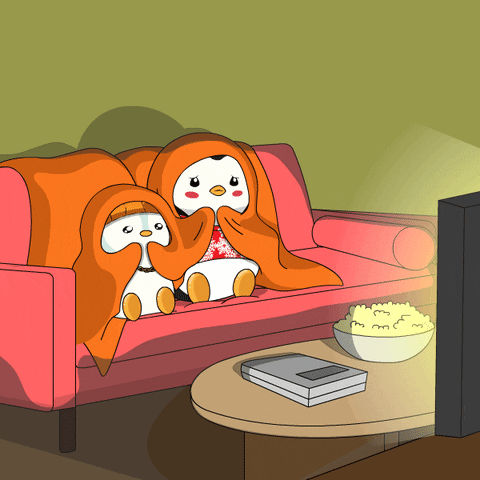 Gig of two cartoon penguins watching TV via
Gig of two cartoon penguins watching TV via 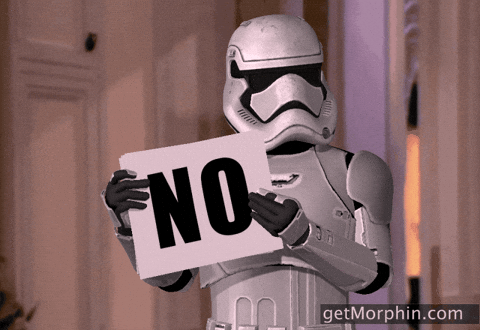 Gif of a storm trooper flipping through sings that say 'no' via
Gif of a storm trooper flipping through sings that say 'no' via 